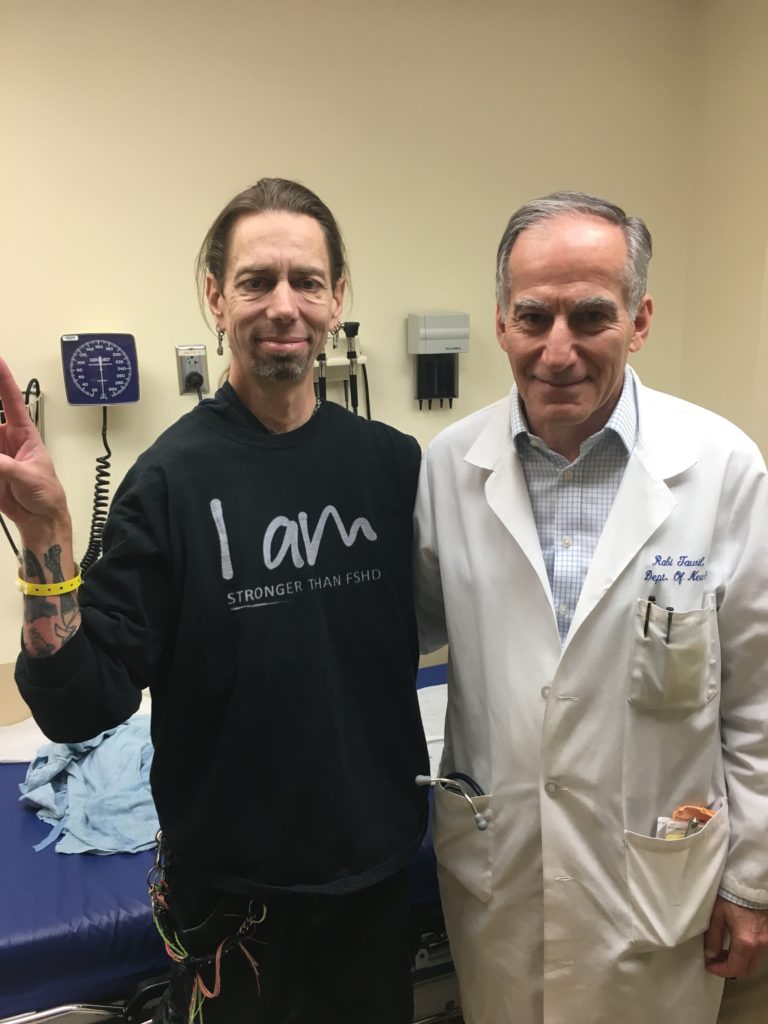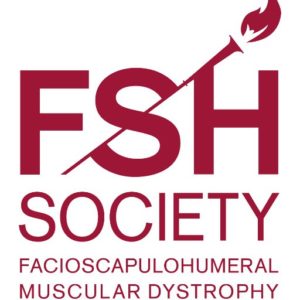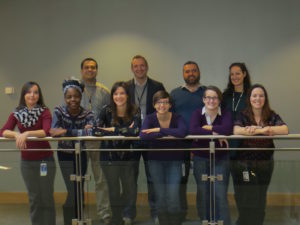
To crack the code of FSHD, patients are absolutely essential
All of the breakthroughs—the discovery of the genetic causes, understanding why some patients vary so greatly in the severity of their symptoms, teasing out the biochemical pathways that could point to future treatments—were made because patients stepped up to the plate.
Too often, we hear patients say they’ll volunteer when there’s a treatment. But we will never get to a treatment unless patients participate in fundamental research now. FSHD is uniquely human, so no laboratory mouse can ever fully model the disease. The genetic “package” that causes FSHD is found only in people. We owe an enormous debt to the patients who give DNA samples. Who submit to long interviews and exhausting physical tests. Allow a surgeon to cut out a small muscle sample. Who fight claustrophobia to lie in the narrow bore of an MRI machine.
Equally important are patients’ family members, both affected and unaffected, who provide the best experimental controls because of their shared genetic and environmental backgrounds. A parent or sibling who has very mild symptoms may hold the key to understanding the factors that protect against the full-blown development of FSHD symptoms in a more severely affected family member.
We are more hopeful today than ever before that a treatment is within sight. We cannot guarantee when that treatment will arrive, but here’s one thing we guarantee: If you volunteer for research, your participation will without question help move us a step closer to that day.
Scientific Overview of FSHD
Read the latest on wikipedia
Glossary of Scientific Terms
Johns Hopkins Studies
Johns Hopkins and the Kennedy Krieger Institute are currently recruiting for two studies! Volunteering for studies like this helps provide researchers with the information they need to provide better treatments,… Read More »
Imaging study shows positive effects of exercise and CBT on muscle degeneration
In 2014, a Dutch team reported that aerobic exercise training (AET) and cognitive behavioral therapy (CBT) decreased fatigue and improved the quality of life significantly in FSHD patients. Now, the… Read More »
Consensus Reached to Move Forward with Formation of International Global FSHD Patient Registry
Newly Formed Facioscapulohumeral Muscular Dystrophy Consortium Aims to Consolidate More than 13 Patient Registries in Effort to Accelerate Research on Rare Disease BOSTON – (February 22, 2017) – Today the… Read More »
Promising FSHD mouse model from Harper lab
Video caption: These mice are siblings and genetically identical. In the one on the right, we turned DUX4 “on”, while in the one on the left, the DUX4 gene remained… Read More »




